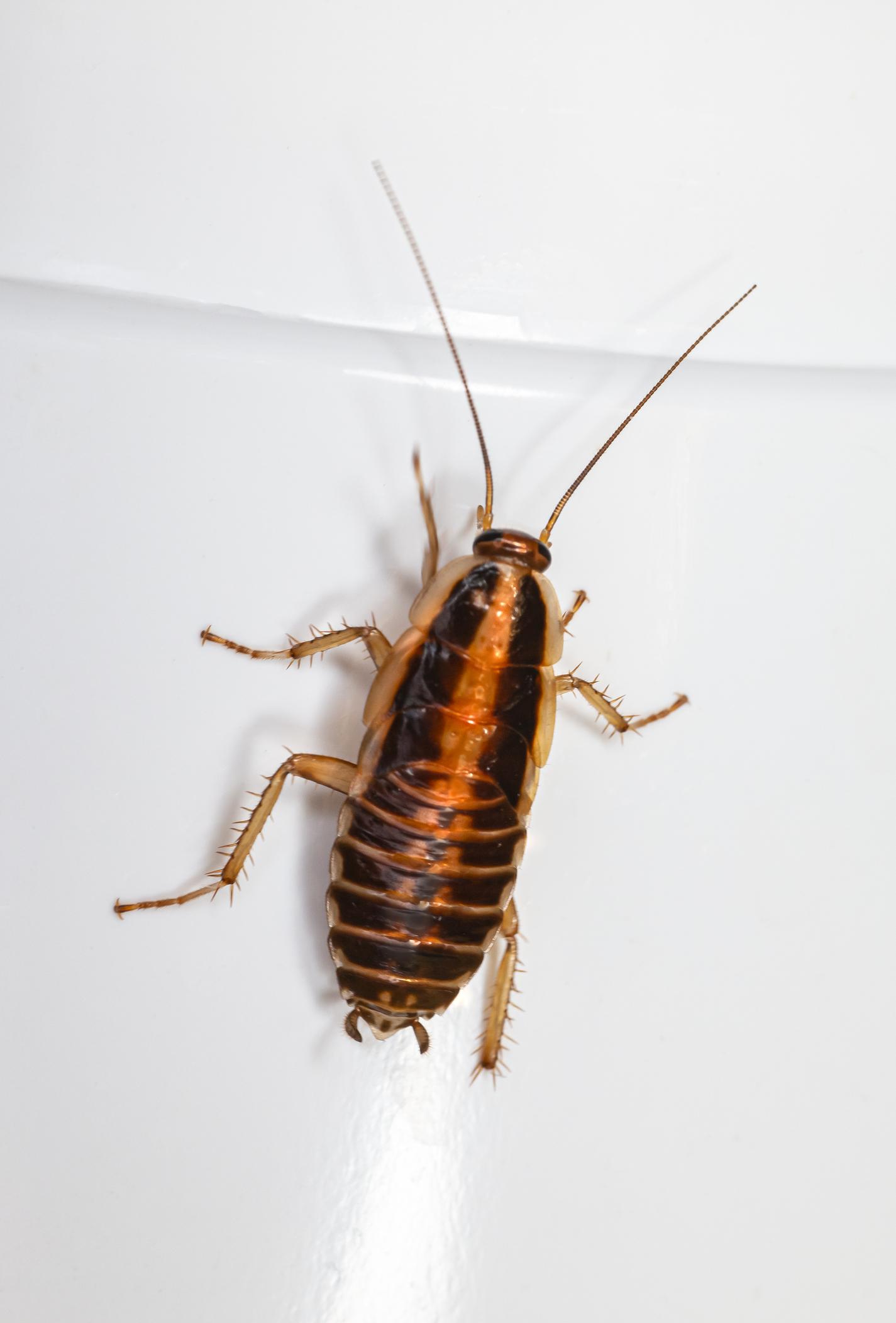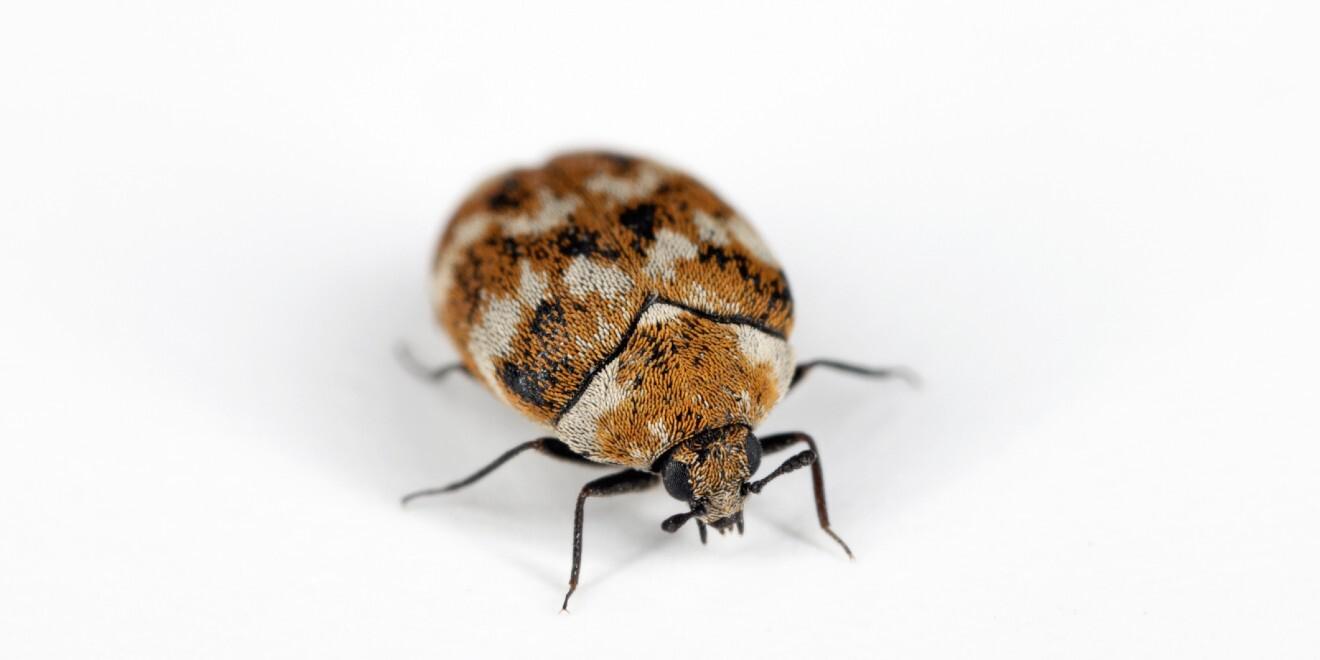What Diseases Do Ticks Carry?
Posted by Mosquito Squad
May 26, 2025
If you live in Orange, VA, you should know: ticks aren’t just annoying. They also carry disease. This is part of why having a tick control plan is so important.
These small, quiet pests don’t bite for fun. They bite to feed, and while doing so, they can transmit bacteria, viruses, and even parasites into your bloodstream.
Some of the diseases are rare. Some are common. But nearly all of them can be serious if left untreated.
Here’s what you need to know.
1. Lyme disease isn’t the only concern
Lyme disease gets the most attention, and for good reason—it’s the most common tickborne illness in the U.S. But it’s far from the only one.
According to the CDC, ticks in the U.S. can also transmit:
- Anaplasmosis
- Babesiosis
- Ehrlichiosis
- Rocky Mountain spotted fever
- Tularemia
- Heartland virus
- Powassan virus
- And many more
Many of these diseases share overlapping symptoms: fever, chills, fatigue, joint pain, muscle aches, and rashes. That’s why a tick bite should always be taken seriously, especially if symptoms show up within a few days or weeks.
2. Symptoms aren’t always obvious at first
Not every tick bite causes immediate symptoms. In fact, some of the most dangerous infections start quietly and progress over time. According to the CDC, many tickborne illnesses begin with flu-like signs. That means you could experience common signs seen in many illnesses such as a fever, headache, or fatigue. And because you may not see a visible bite mark or rash, it can be hard to know that you’ve caught a tickborne disease immediately.
Your doctor will look at your symptoms, where you were bitten, and (in some cases) order lab tests to identify the illness. The earlier you catch it, the better your chances for a full recovery.
3. Ticks spread disease while feeding
Ticks don’t bite and leave. They latch on and feed for hours or even days. During that process, pathogens in the tick’s saliva can enter the body. Some ticks even secrete a kind of natural anesthetic, which is why their bites often go unnoticed at first.
If a tick is carrying disease, the longer it stays attached, the greater the risk of infection. That’s why daily tick checks, especially after time outdoors, are one of the most effective ways to reduce your risk.
4. Tick paralysis is rare, but real
In some cases, a tick bite doesn’t cause a typical illness. It causes tick paralysis, which is believed to be caused by a toxin in the tick’s saliva. Symptoms start with weakness and can progress to full-body paralysis if the tick isn’t removed.
The good news? Most people recover within 24 hours once the tick is taken off. But it’s a powerful reminder that tick bites are not to be ignored.
5. Prevention is still the best defense
You can’t always avoid ticks in rural areas like Orange, but you can reduce your risk.
Wear light-colored clothing, tuck pants into socks, and avoid dense brush on hikes. After spending time outside, check yourself and your pets for ticks, especially around the scalp, behind the knees, under arms, and around waistbands.
And for added protection, consider professional tick control.
At Mosquito Squad of Charlottesville, we offer Yard Defender—a seasonal pest control service that helps reduce ticks, mosquitoes, and other biting insects on your property. We target the shaded, brushy areas ticks love, and return every three weeks to maintain protection all season long.
Need Tick Control in Orange, VA?
For dependable outdoor pest control near you, call on the professionals at Mosquito Squad. Call (434) 363-9274 or contact us online for a complimentary Orange pest control assessment and quote.
Read about our 100% customer satisfaction guarantee!















